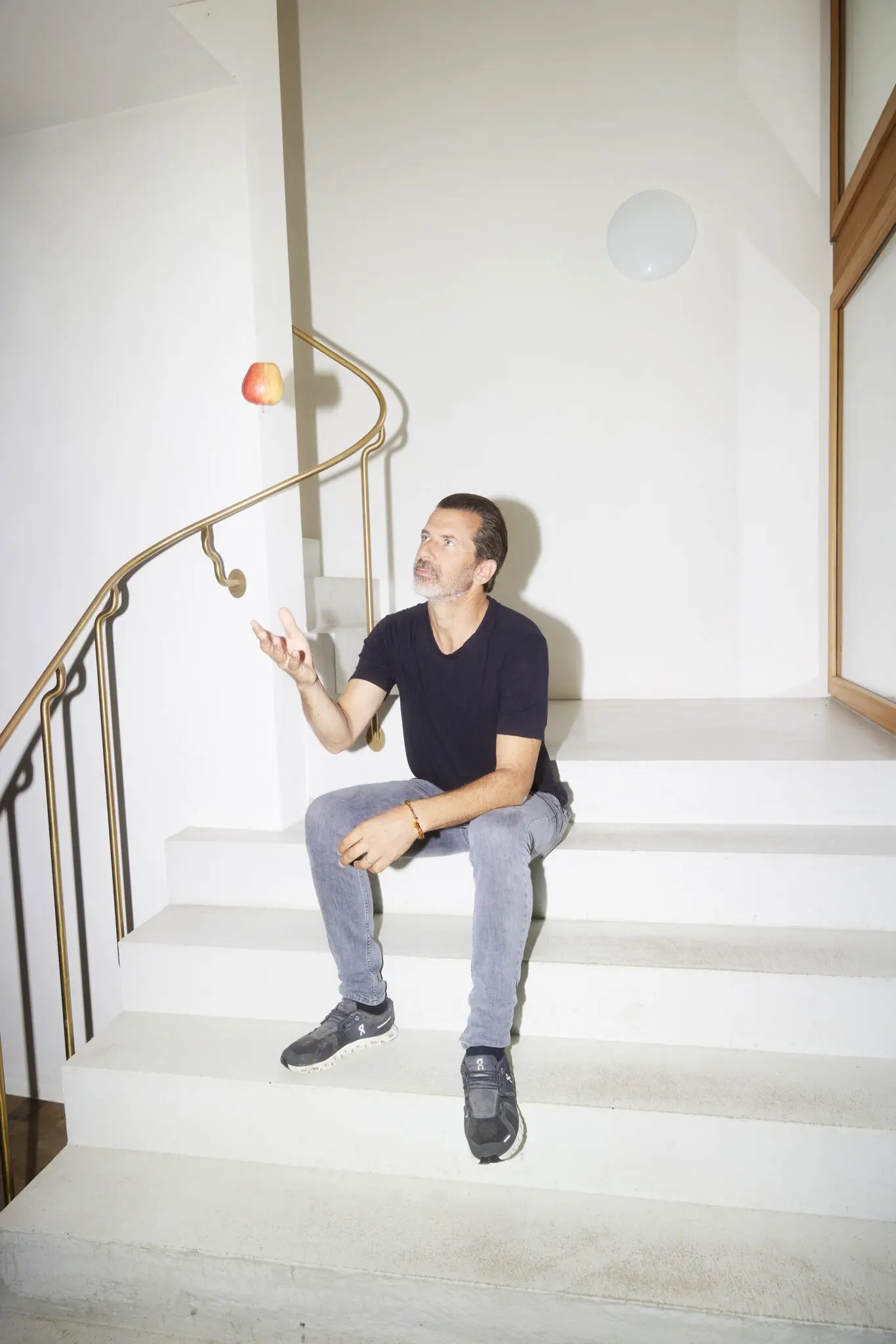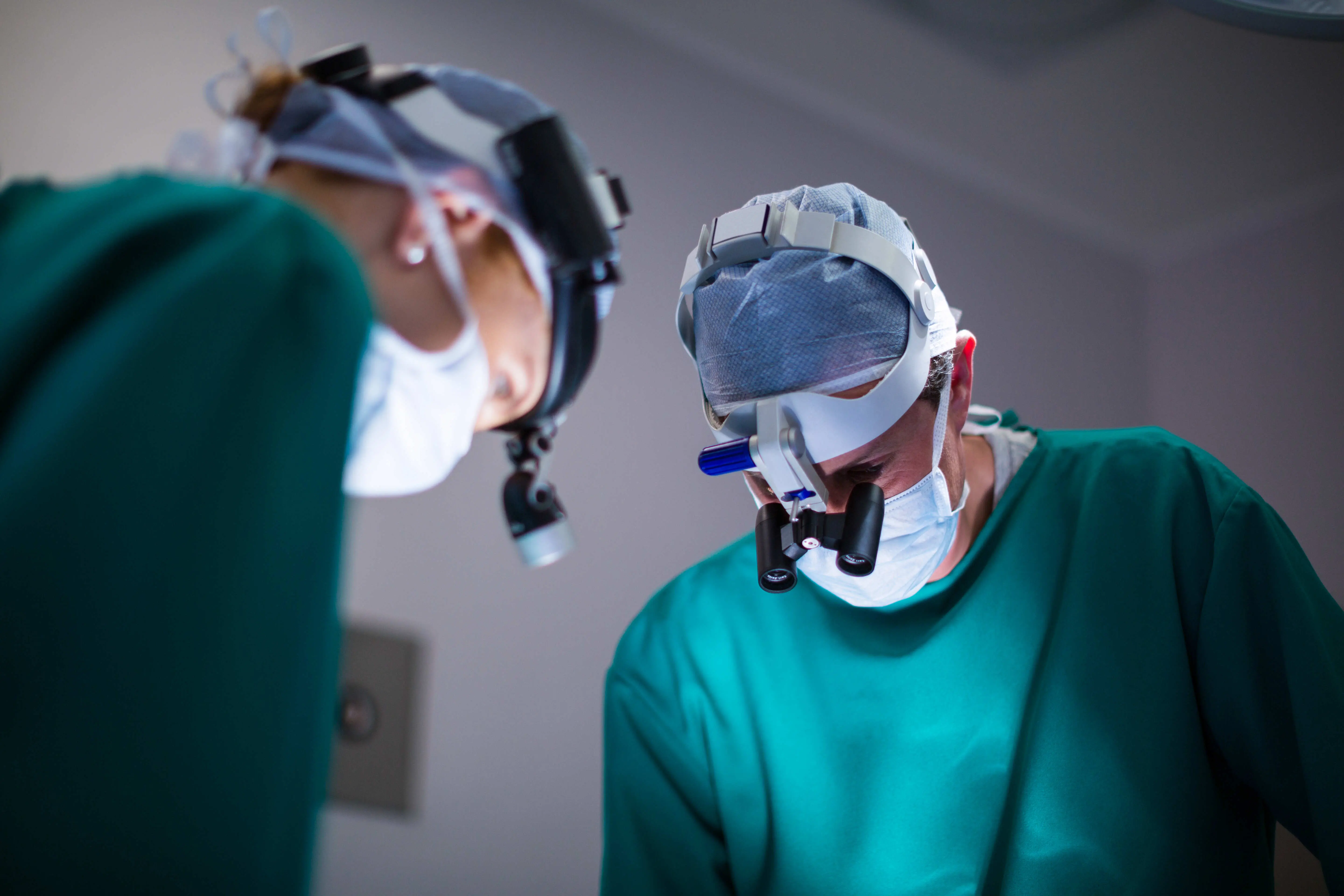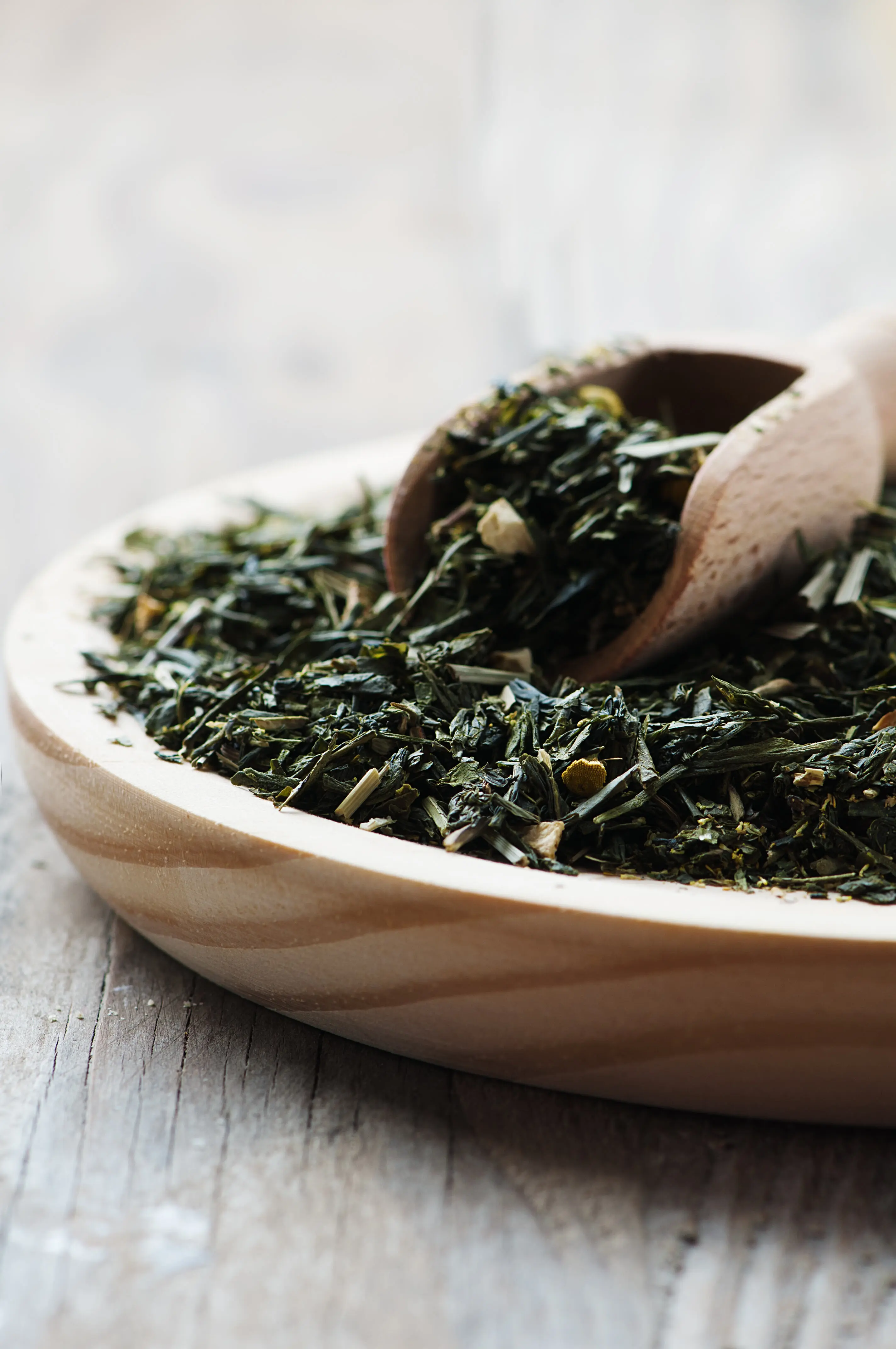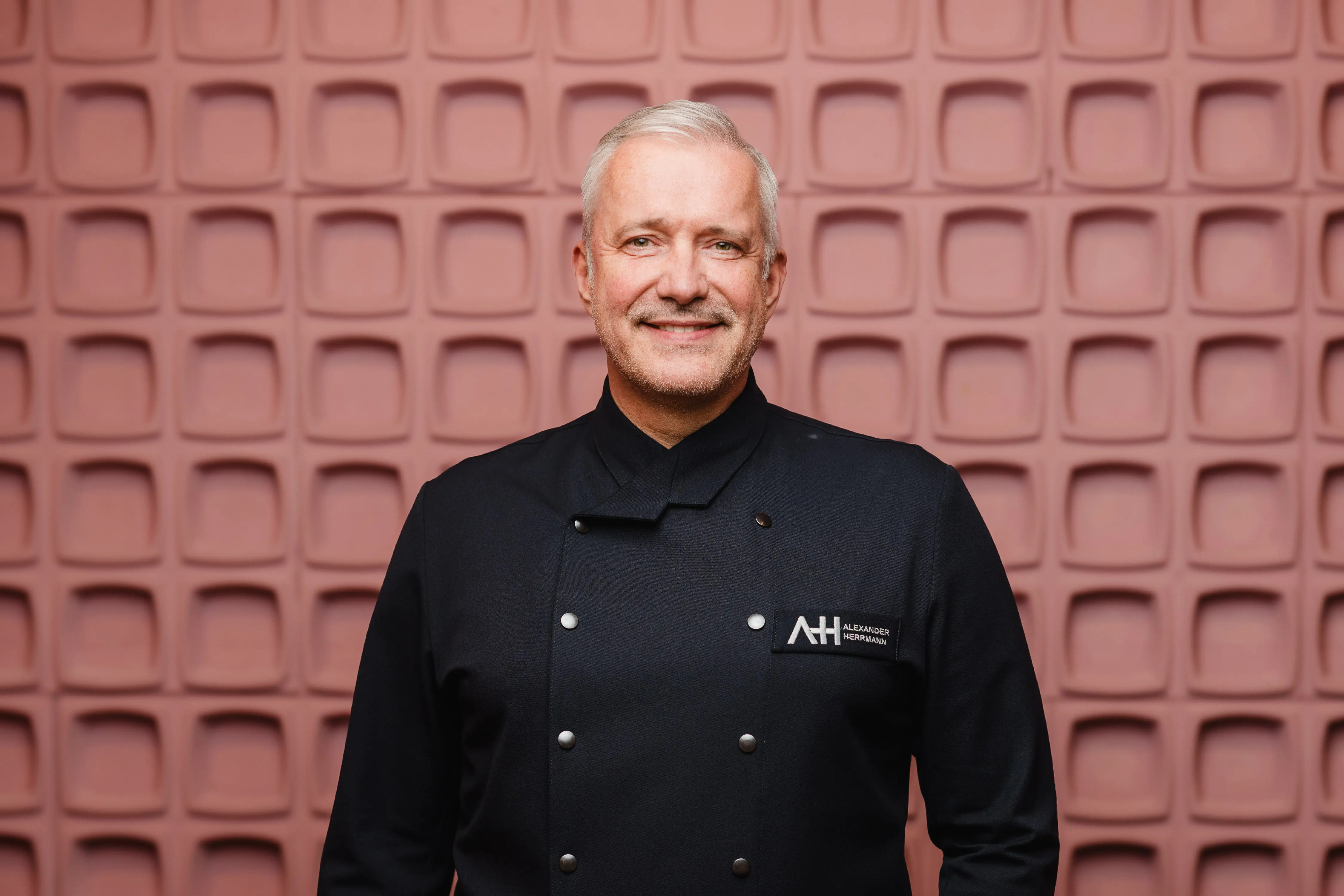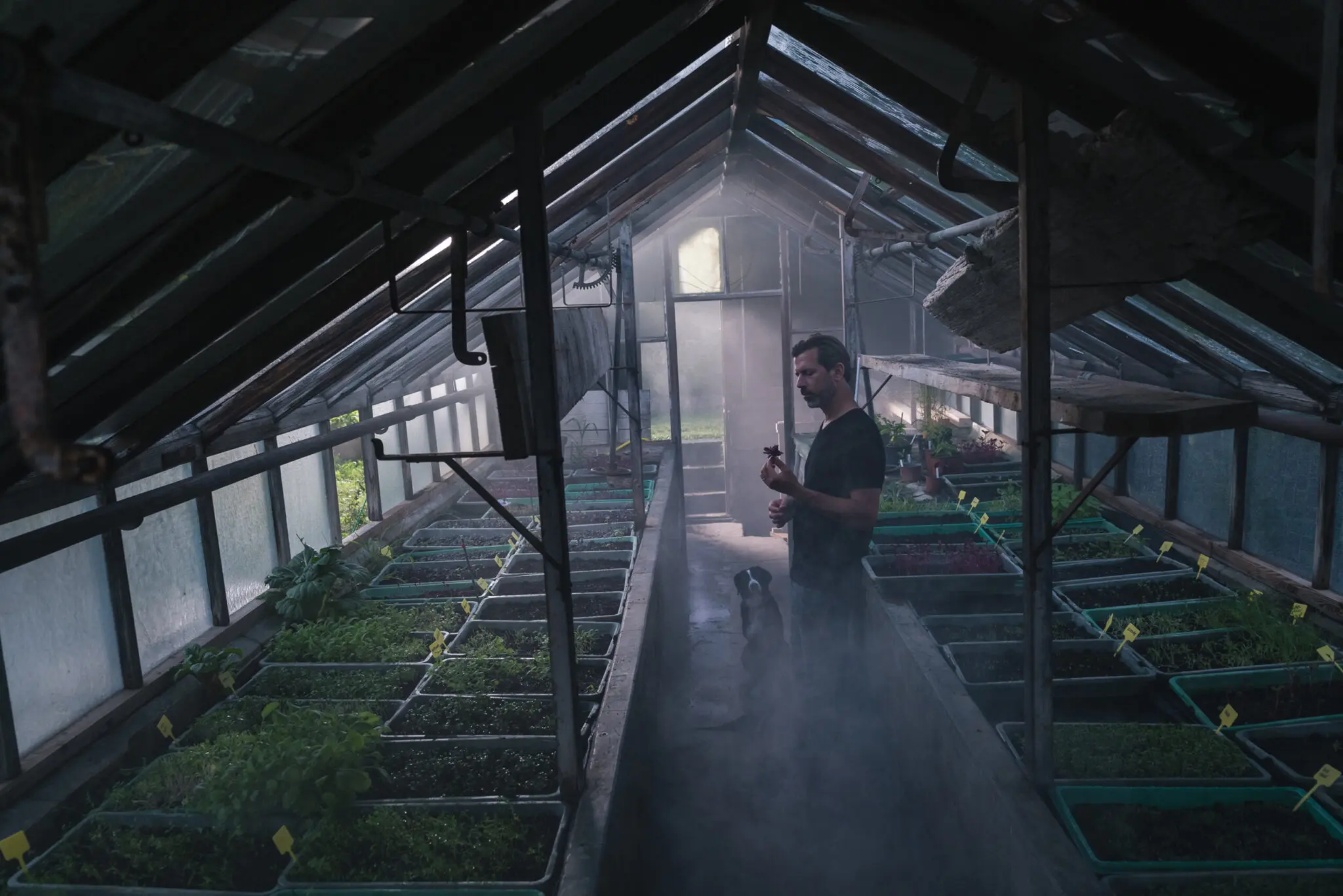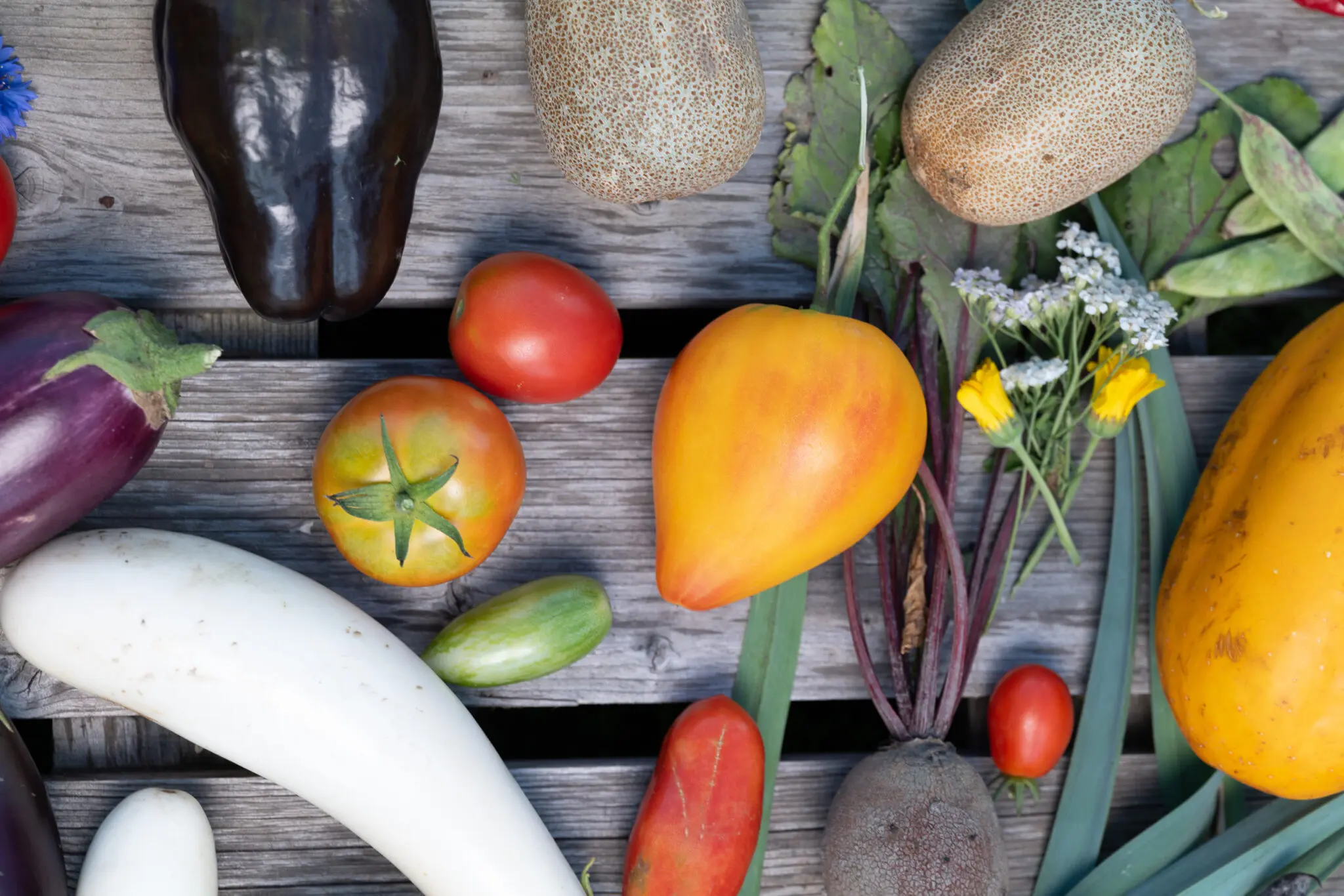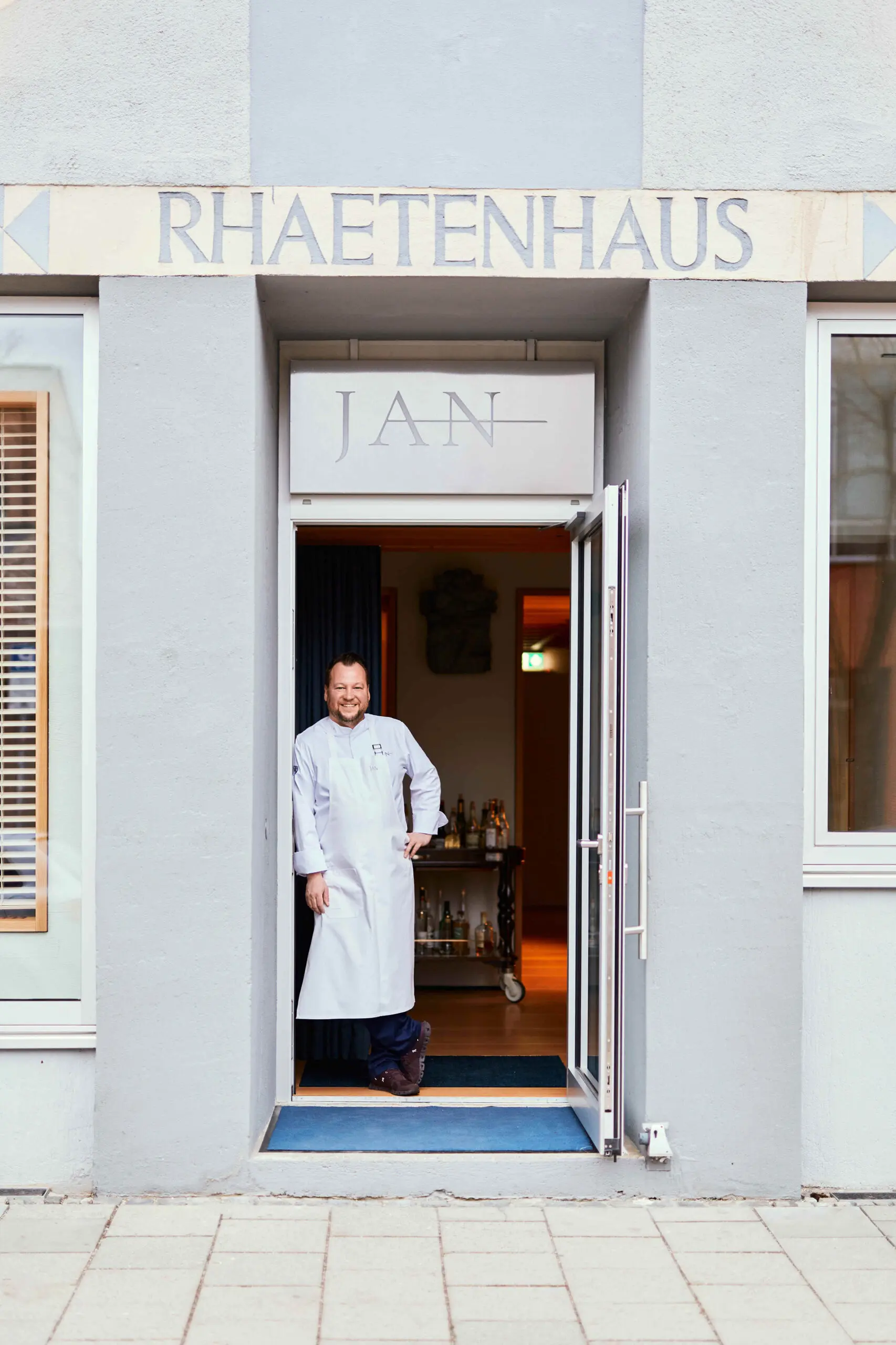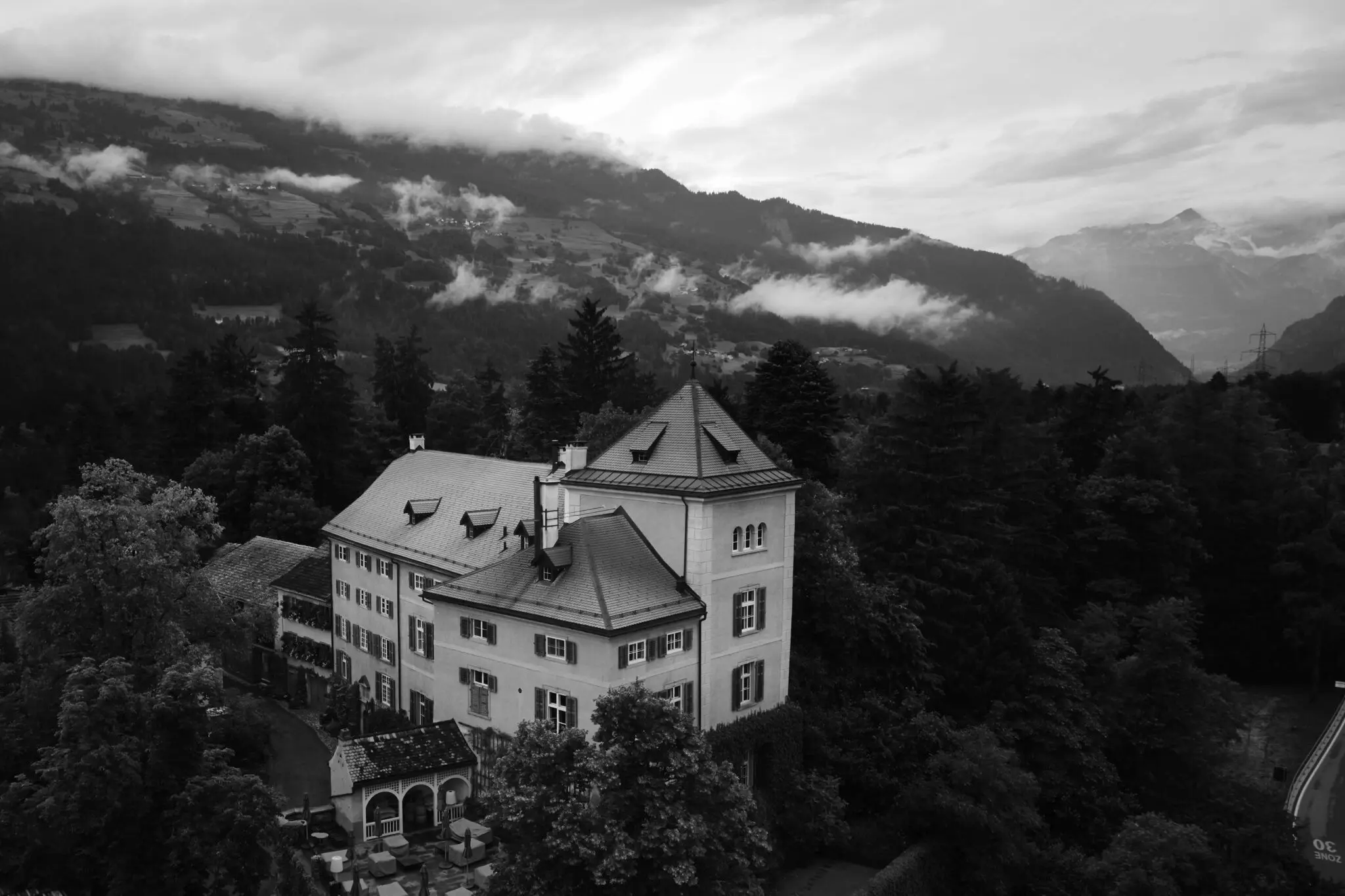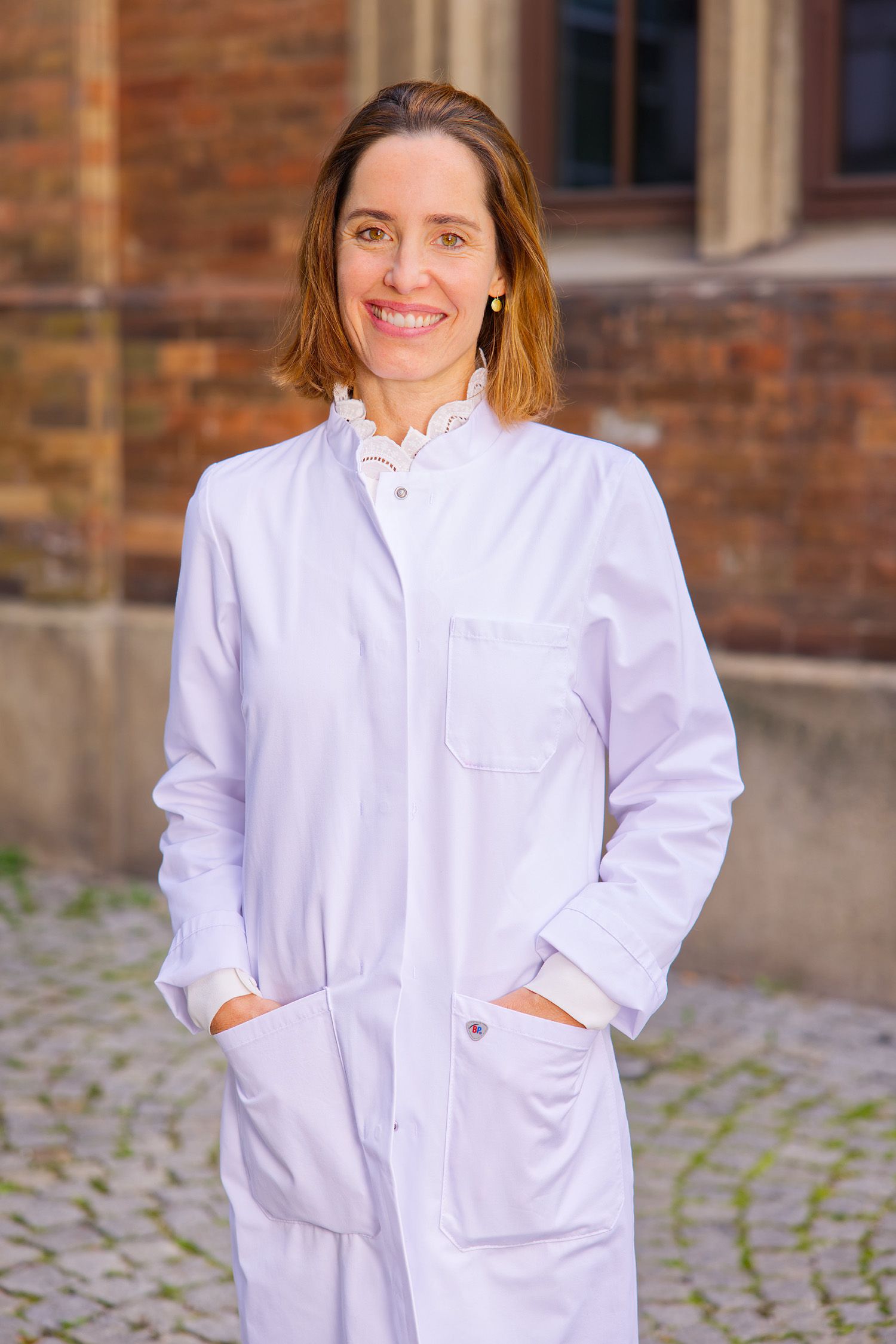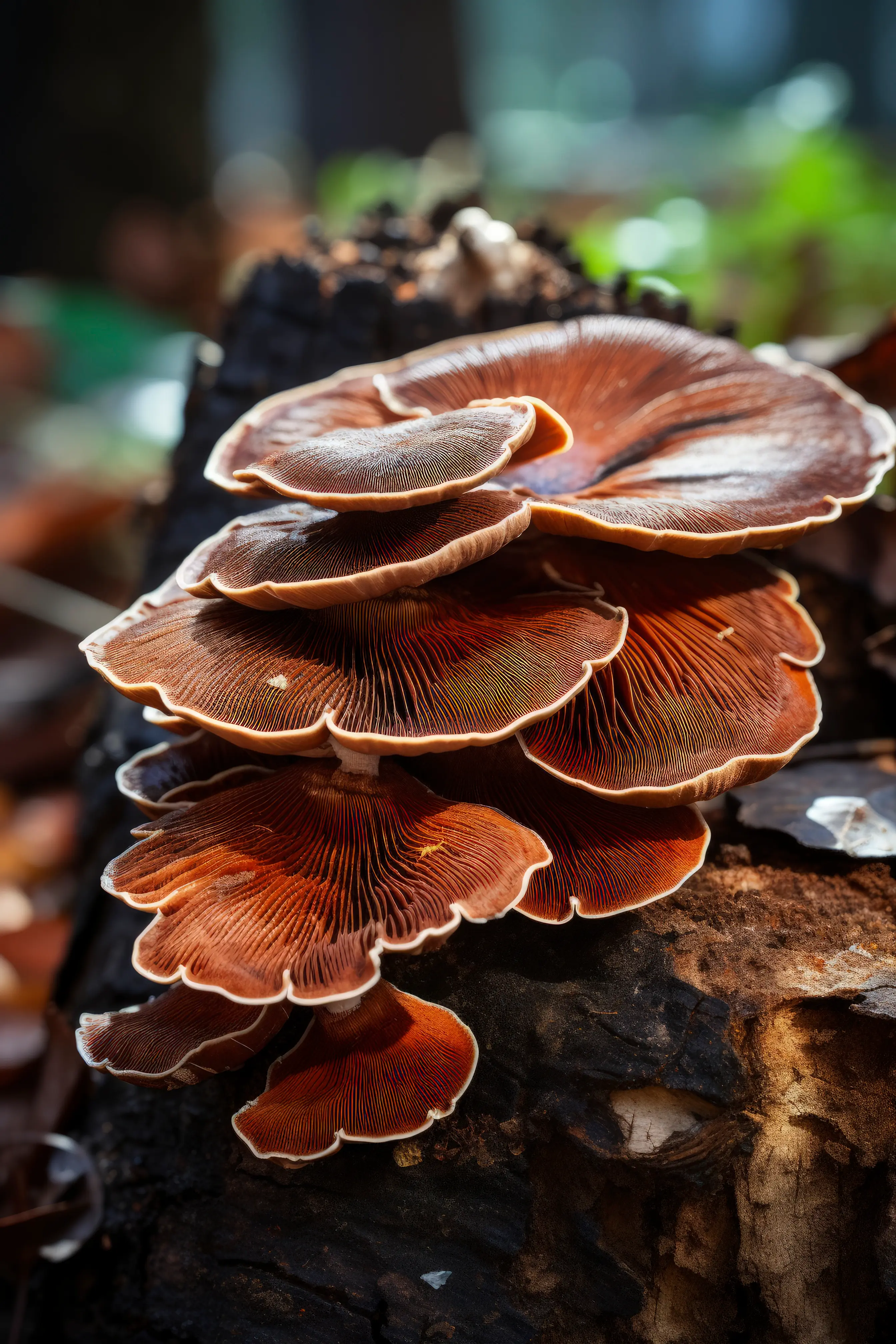For the conversation, Andreas Caminada has chosen his office in Schloss Schauenstein. There he lives with his family, there is the restaurant of the same name, and a few steps away are the two new venues, the bakery, the permaculture garden, a small shop. And he grew up not far from there.
Twenty years ago, after stints in Klosters, Baiersbronn, and Uetikon, Caminada took over the castle in Graubünden and transformed it into a three-star restaurant within seven years, characterized by regional cuisine. What sets Caminada apart from other great chefs of the present: He not only excels in the kitchen, but is also an excellent entrepreneur whose ambition is not only to recognize developments and trends but to set them.
Over the past years, a group of companies has emerged with additional restaurants, a catering service, and a foundation. Caminada publishes his own magazine, and on the YouTube channel of Gault-Millau, he presents easily implementable recipes.
Mr. Caminada, how did you start your day today?
As always. I got up with the kids, and as soon as they were out of the house, I took the dog for a walk. I was just at our bakery, had a chocolate croissant and a cappuccino.
Three Michelin stars, 19 points in Gault & Millau, ranked very high in all rankings: When you are confirmed year after year to be among the best in the world, what becomes more important: always surprising your guests or offering them what they expect?
Two or three years after I first received three stars, I went through a phase where I became cautious, avoided risks, and didn't feel as alive as before. When I realized this, I knew that I had to continue down the path I had started: not being afraid of change and always trying new things.
Many of our guests come back again and again because they know they will be surprised by us. Thinking anew again and again is the be-all and end-all of our business.
On your homepage it says: "How can the culinary magic of seasons and regions be captured on the plate? We look for new answers to these questions every day." Does it succeed?
Of course, there are two or three weeks without an idea. But just the fact that we live in a region with four seasons is a source of constant inspiration. A few years ago, we established a permaculture garden at Schauenstein where we grow more than 700 varieties of vegetables.
